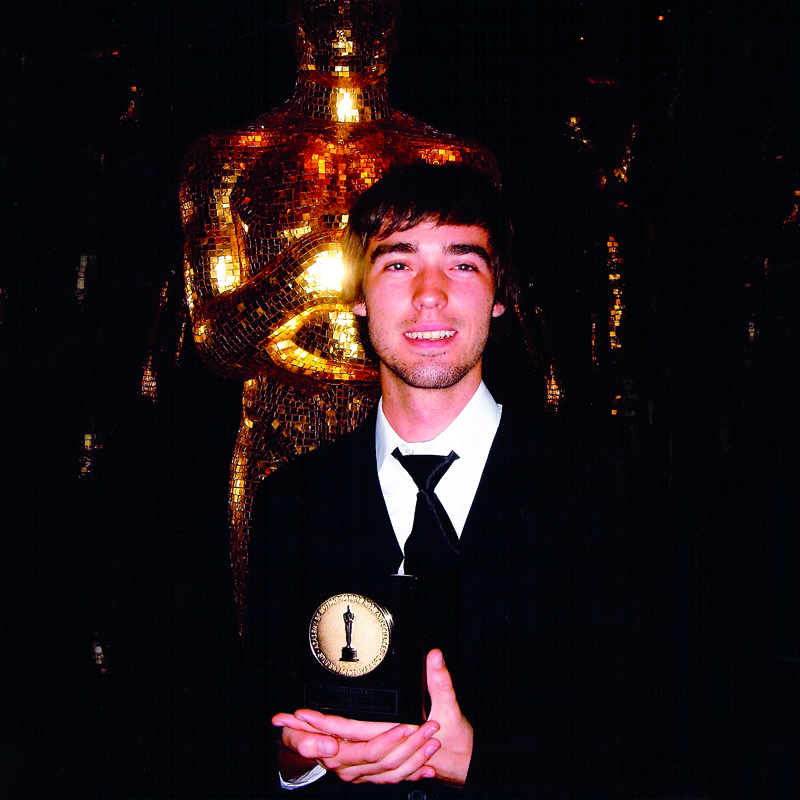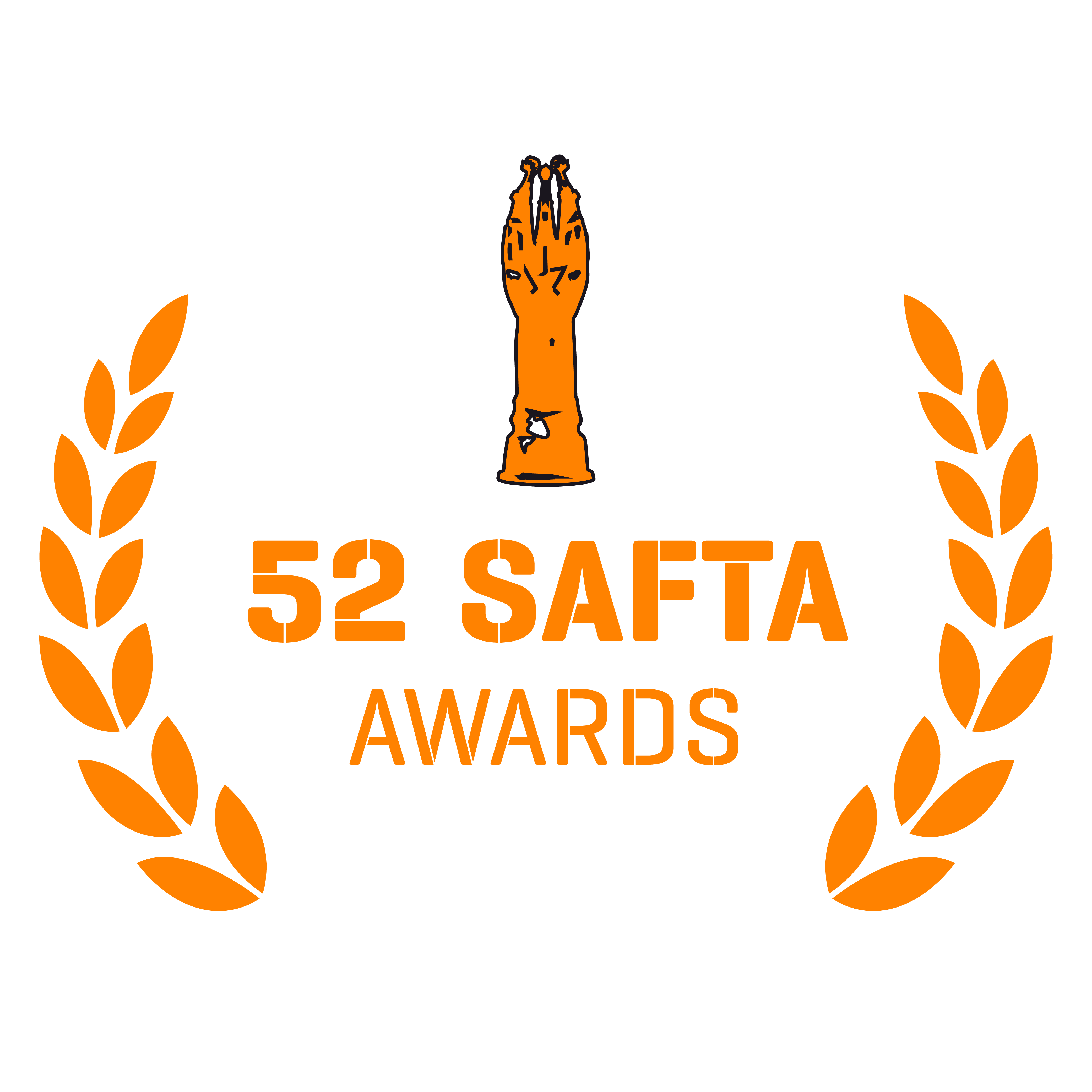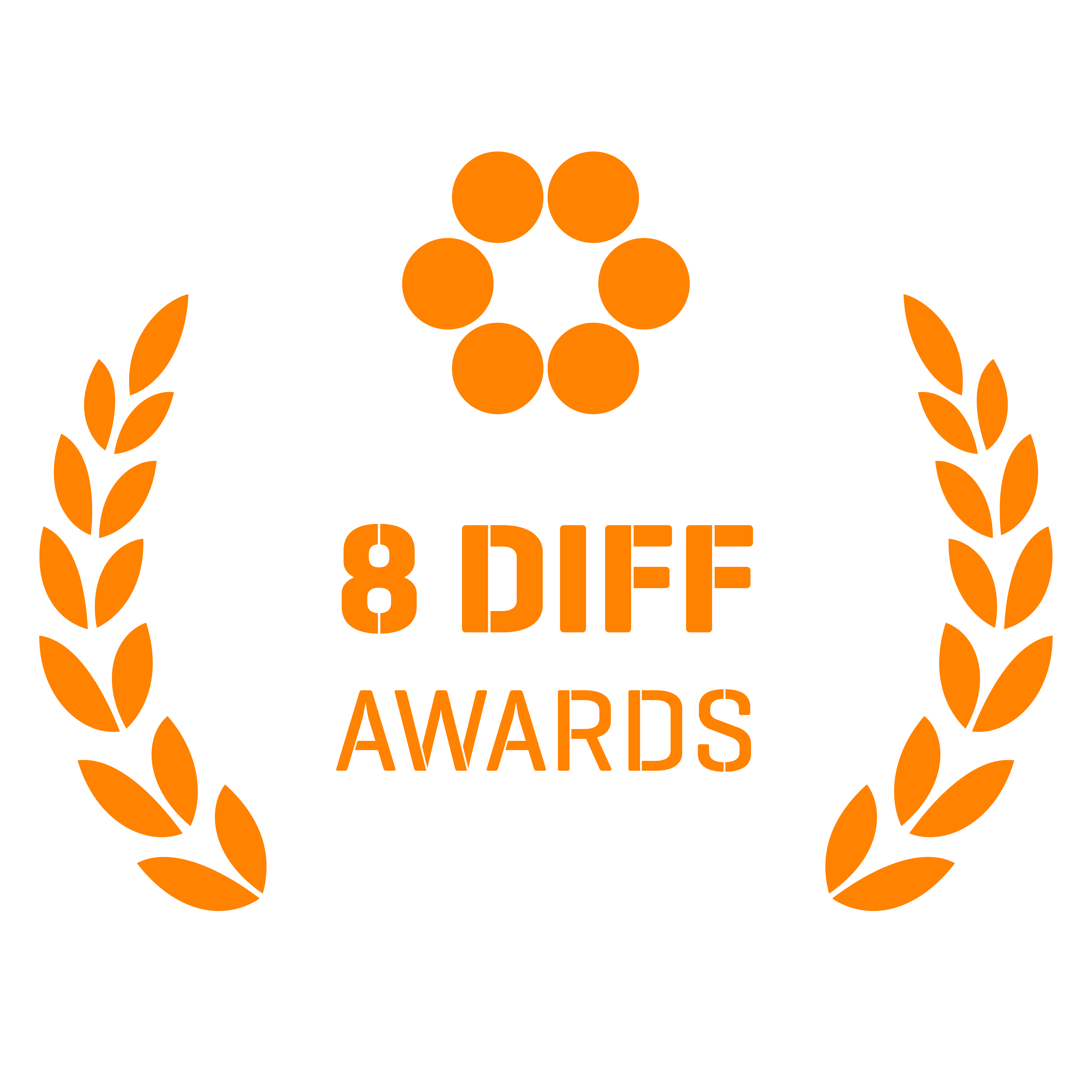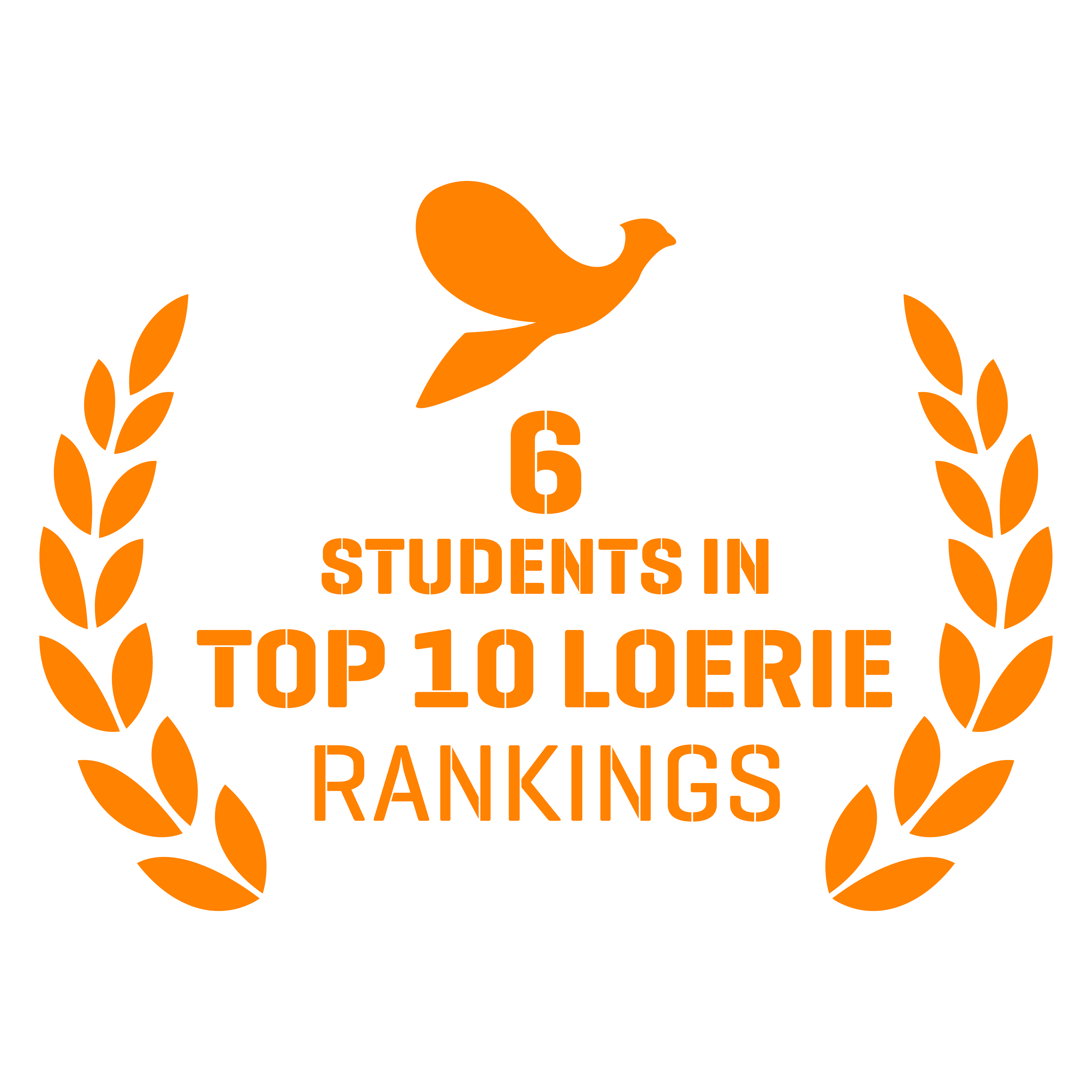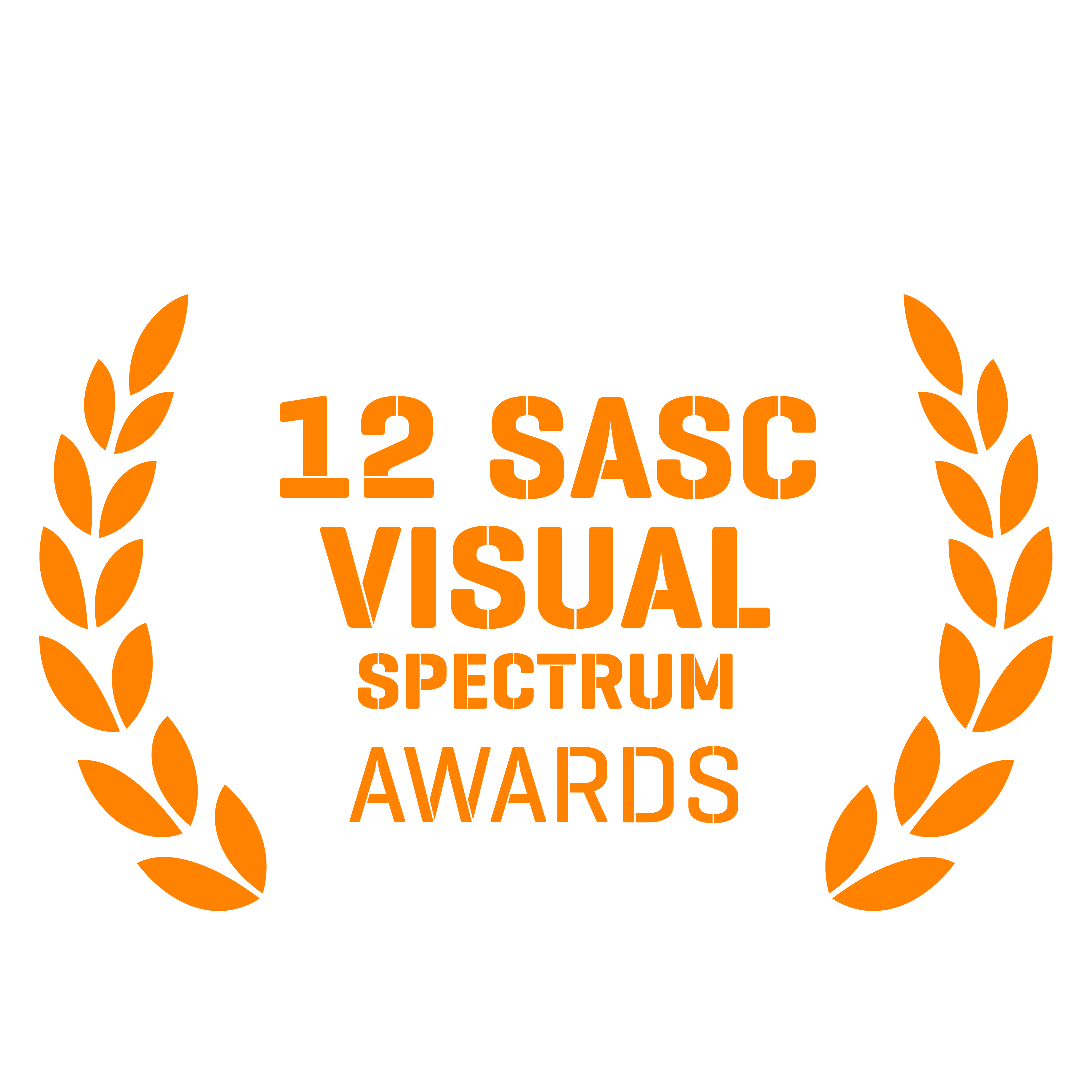Who We Are
______________


Areas of study
Undergraduate Degrees
Campuses
Postgraduate Programmes
Established
JHB1994 |
CT2003 |
DBN2013 |
GQ2015 |
Higher Certificates


Students
Alumni
The AFDA Way
The AFDA Goal
To develop a value-driven educational institution that contributes to transformative nation building and rewards all stakeholders by providing a relevant, stimulating, rigorous and globally integrated learning experience that empowers students with productive innovative skills, enabling graduates to grow sustainable creative economies.
Why AFDA?
AFDA has a unique and progressive project-led research and learning approach, with faculty made up of working industry experts and academics. The AFDA learning approach is characterised by:
A stimulating hybrid learning and teaching approach.
-
- Developing 21st-century skills like creativity, collaboration, values and goal setting, critical thinking and digital technology.
- Offering students general and specialised skills in film, theatre, television and business innovation production and audience / market dynamics.
- Utilising diverse teaching and learning experiences that include instructional, student-led, experiential, collaborative and explorative learning.
- Rather than traditional sit-down examinations, AFDA incorporates multiple assessment modes which include audience / market, industry experts and collective-individual project and research assessment to suit different learning styles and mimic industry practices.
- Developing industry-ready graduates who are skilled and connected to a pool of creatives.
Learning Methods
The AFDA Educational Promise
To provide students with the conceptual, perceptual and concrete skills that will enable them to originate meaningful narrative concepts and human behaviors that are relevant to target audiences, and to truthfully and accurately deliver these narratives through appropriate use of medium and aesthetic form and the employment of resources to accurately and economically produce and sell the completed production.
AFDA Educational Objectives
- To provide conceptual, perceptual and concrete skills that will enable students to originate meaningful narrative concepts and to understand why these might be relevant and the impact they may have on target audiences and society in general.
- To understand why human behavior and culture are the agent through which narratives are embodied and made emotionally relevant to target audiences.
- To understand how their chosen medium of expression can be considered and used to truthfully and accurately produce their narrative.
- To understand how aesthetic elements might be used to establish and produce the appropriate form of the world in which the narrative is set.
- To understand how to plan and employ resources to economically produce and sell a production to achieve return on investment.
What makes AFDA unique?
- AFDA offers a learning system that utilises a diverse number of learning strategies and methodologies which include tacit learning, learning by approximation, collaborative learning, scaffold learning and learning through socialisation.
- The AFDA learning and assessment system caters to what Howard Gardner refined to as ‘Multiple Intelligences’. These diverse intelligences are:
- Visual-Spatial
- Bodily-kinesthetic
- Musical
- Interpersonal
- Intrapersonal
- Linguistic
- Logical –Mathematical
- The creative industries require diverse specialization (intelligences) that are able to collaborate in an economically viable manner to achieve high standards of production.
- AFDA students are given the opportunity to explore and discover their aptitude and by extension their career path.
- AFDA uses a learning system designed to deal with the opportunities and challenges of the knowledge economy and the future. It is a market related learning system focusing on the audience and the target market.
- We offer an outcomes-based learning system which requires a hands-on approach, focusing on leadership, creativity, innovation and entrepreneurship. This mimics the industry and takes place in an authentic learning environment.
- AFDA focuses on the goals of the learner.
- AFDA students do not write traditional exams. Students are assessed on a individual basis and team/group focused research. An application of theory and research in the creation and exhibition of entertainment content or in development and monetisation of entrepreneurial business and disruptive technologies is what primarily constitutes assessment at AFDA.
- AFDA’s learning process is highly effective and creates a network of skilled graduates who are able to forge careers in the entertainment, media and other creative industries.
Equipment & Facilities
AFDA was founded in 1994 by Garth Holmes, Bata Passchier and Deon Opperman
From its early beginnings of 6 students, a rented VCR and broken TV, AFDA has over the last 30 years established itself as one of the leading institutions of its kind in the world today. AFDA now has over 2700 students, a permanent staff of over 260 academics and administrators and 4 fully equipped campuses in Johannesburg, Cape Town, Durban and Gqeberha.
AFDA has produced some of the top filmmakers and actors in South Africa today and has made a significant contribution to developing a sustainable local entertainment industry, as well as receiving international acclaim and recognition. Notably, AFDA is the only South African winner of the Student Academy Award (Oscar) for Best Foreign Student Film “Elalini” in 2006. In 2020, an AFDA alumnus worked as the colourist on the Oscar-winning documentary “My Octopus Teacher”. And in 2021, AFDA staff, students and alumni played a key role in the making of the Student Academy Award winning film “Lakutshon’ IIanga”.
AFDA is an internationally recognized institution and a proud full member of CILECT – The International Association of Film and Television Schools. AFDA’s membership to CILECT gives AFDA students and alumni the opportunity to continue or further
their studies at any of the 180+ CILECT member film schools around the world. These include: UCLA (Los Angeles), TISCH (New York), Columbia, (Chicago), La Femis (Paris), London Film School (London), Chapman University (California) and the Beijing Film Academy (Beijing), to name but a few.
History
Each campus is equipped for parity in delivering the programme according to the qualification criteria and the needs in equipment and facilities. Based on the campus offering, these include lecture facilities and sprint venues for BCom as well as state-of-the-art post production facilities for editing, animation, visual effects, and studios for sound design, recording and mixing with the work stations and software required for the outcomes of each of the programmes. Each campus has at least one or more studios equipped to service production of film or television outcomes, as well as for design, costume and performance outcomes.
AFDA has a number of relationships with key industry facility houses like Arri, Media Services, Adobe and Apple. These relationships are critical for AFDA to deal with the input of the exponential changes on the equipment & facility demands in the digital domain.
As students rise through the undergraduate ranks at AFDA and become more focused on a particular discipline, they get progressively increased access to an ever-wider array of high-end and industry-related equipment and facilities, allowing them to experience leading-edge technology and to produce work of the highest possible production standards. AFDA students are provided with a standard kit of equipment for the various projects produced over the year, based on their qualification, year and discipline choice. Hundreds of film, Television, stage, music productions, creative writing projects and business innovation projects are produced by AFDA students annually.



